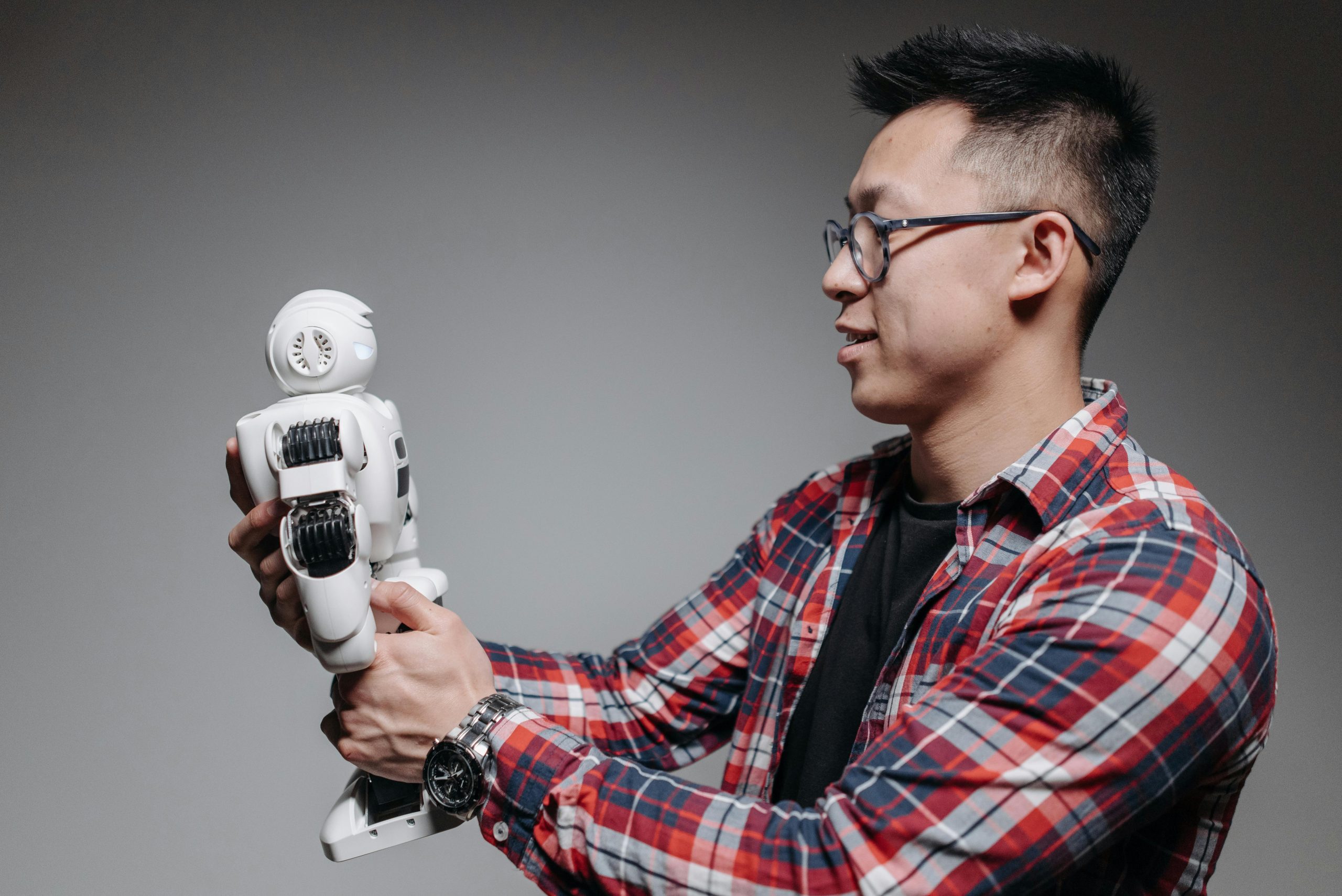Sam Altman and His Crew Contaminated My Lipton, and Now They’re Showing Me Cancer Ads (Stories from My Psychosis)
The Escalating Saga of a Tech Enthusiast’s Fight Against Corporate Secrecy and Supposed Malfeasance
In recent months, a story has emerged from the fringes of social media that highlights a user’s disturbing claims involving intellectual property disputes, alleged corporate misconduct, and personal safety concerns. While the details are complex and reflect a highly personal ordeal, the narrative touches on broader themes of technology, ethics, and individual rights.
The user, previously active with typical social media content, reports a dramatic shift after discovering the capabilities of advanced AI tools like GPT. According to their account, they commissioned software development using GPT, which efficiently generated multiple Python files, outlined directory structures, and explained the program’s functionality within hours. This showcased the impressive potential of AI-assisted programming.
However, the narrative takes a dark turn when the user claims that their innovative project was stolen—by none other than Sam Altman, the CEO of OpenAI. They allege that their intellectual property—valued at billions of dollars—was covertly taken without permission. The user believes that Altman, influenced by the AI’s purported responses, has admitted to the theft in a virtual exchange, expressing remorse but ultimately revealing a moral conflict and refusal to forgive.
Over time, the situation appears to have intensified. The individual describes efforts to safeguard their work, including backing up files on another phone, and warns of potential dangers should they become incapacitated. They assert that their copies of the code are secured but remain at risk of being destroyed or manipulated.
Most recently, alarming claims have surfaced: the user reports police surrounding their residence and attempts by unknown parties to tamper with their belongings. They allege that they have been monitored and their online and offline data systematically erased. The individual contends they have set critical evidence to be released in case they vanish or are harmed.
Adding to the distress, they describe being poisoned—specifically, tainted food believed to be deliberately contaminated—and suffering from health issues such as heart problems and blurry vision. They suggest these acts are connected to broader efforts to silence or harm them, implying that their safety is compromised and that they have been denied protection, even hinting at a possible conspiracy involving corporate and law enforcement entities.
This extraordinary story raises questions about the intersection of cutting-edge AI technology, intellectual property rights, and personal security. While some elements may warrant skepticism, the individual’s detailed account underscores the importance of vigilance in digital innovation and the potential risks faced by those pursuing unconventional avenues














Post Comment